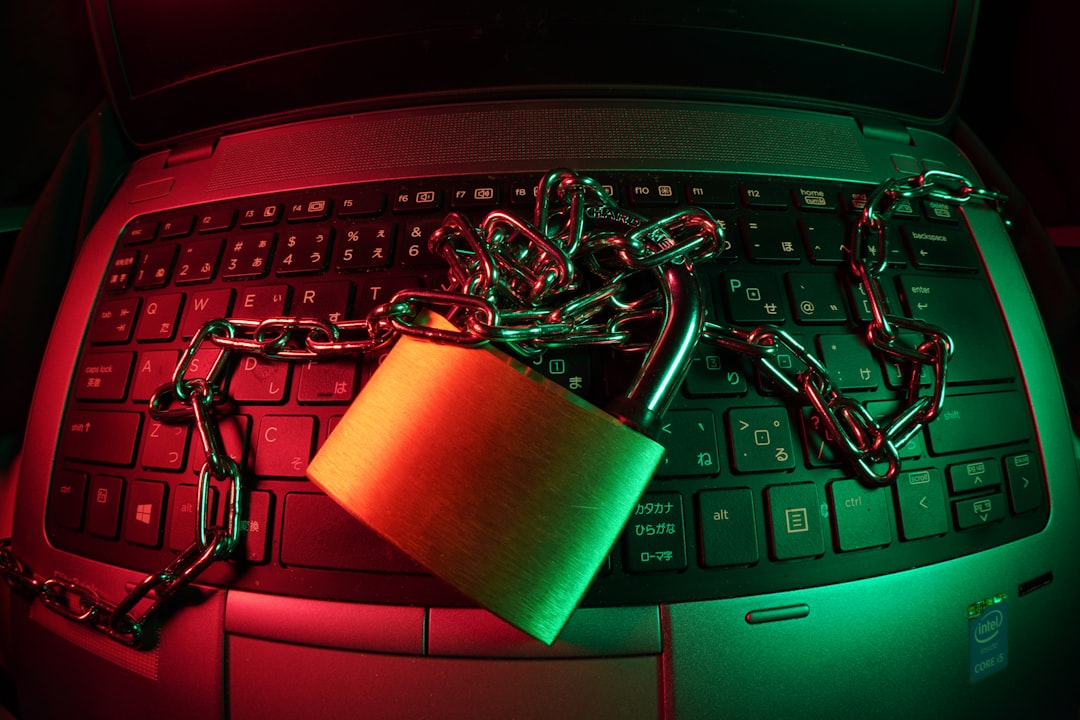The shift to remote work has transformed the traditional office environment, emphasizing flexibility, mobility, and seamless connectivity. As organizations seek more efficient and secure ways to empower their dispersed workforce, managed 5G connected laptops are emerging as a critical tool in the evolving digital workspace. Combining always-on internet access with IT-managed security and performance, these devices are quickly becoming a cornerstone of modern business operations.
Unlike standard laptops that rely on Wi-Fi or personal hotspots, 5G connected laptops come equipped with built-in cellular capabilities, allowing employees to stay connected in real-time from virtually anywhere. With increased coverage, reduced latency, and blazing-fast speeds, 5G offers remote professionals a level of connectivity that rivals or even surpasses traditional wired networks.

What Does “Managed” Mean?
The term “managed” refers to laptops that are provisioned, monitored, and maintained by a company’s IT team or a third-party service provider. Managed devices can include features such as:
- Remote device management – IT administrators can push updates, monitor usage, enforce security policies, and even wipe data if the device is lost or stolen.
- Built-in security protocols – These can include VPNs, biometric authentication, device encryption, and endpoint protection.
- Performance optimization – Devices can be configured to ensure consistent reliability and access to corporate resources.
By managing the laptops centrally, companies don’t just offer connectivity—they offer a secure and streamlined digital experience that drives productivity and minimizes risk.
The Advantages for Remote Workers
The convenience and power of 5G connected laptops benefit remote workers and digital nomads in several ways:
- Anywhere-access: With cellular connectivity, there’s no need to hunt for Wi-Fi hotspots or work from specific locations.
- Real-time collaboration: Low-latency 5G networks enable smoother video calling, cloud application access, and file sharing.
- Reduced downtime: Employees can remain connected during network outages or while traveling between places.
- Improved work-life balance: Better connectivity reduces frustrations and helps maintain productivity, promoting a healthier work routine.
As business continuity takes center stage, these devices play a pivotal role in minimizing the disruption caused by remote setups and inconsistent connectivity.
Enhanced Security for a New Era of Work
With cyber threats on the rise, security is more important than ever. Managed 5G laptops offer hardened defenses against unauthorized access, data leaks, and device loss. The ability for IT teams to remotely track and control these laptops ensures that sensitive data stays secure even when employees are miles from the office.

Moreover, 5G networks bring improved security standards compared to older generations. Enhanced encryption and authentication make 5G inherently more secure, which helps build trust for mission-critical usage in finance, healthcare, and government sectors.
Enterprise Scalability and Cost Considerations
For large teams, managing a fleet of 5G laptops can actually reduce infrastructure costs. Companies can ease the load on corporate VPNs and office networks by allowing employees to connect directly to the cloud via cellular. Additionally, data plans can be centrally negotiated with service providers, helping to bundle costs and simplify billing.
However, initial deployment costs can be higher than traditional laptops. Between cellular modules, data plans, and management software, businesses must weigh ROI carefully. Fortunately, the benefits—increased productivity, workforce satisfaction, and risk reduction—can often outweigh the upfront investments.
Looking Ahead
The integration of managed 5G laptops signals a broader trend toward mobility-first digital operations. As 5G networks expand globally and cloud-based workflows become standard, companies that embrace this shift will be better positioned to adapt and scale. In the future, these devices could evolve to act as personal edge computing hubs, further blurring the lines between office and remote work.
Ultimately, managed 5G-connected laptops are not just a reaction to the remote work trend—they’re architects of the future workplace.
Frequently Asked Questions (FAQ)
- Q: What is a managed 5G laptop?
A managed 5G laptop is a computer equipped with 5G cellular connectivity that is centrally managed by IT teams for security, updates, and support. - Q: Do I need a special data plan for a 5G laptop?
Yes, these devices typically require a cellular plan provided by a telecom carrier, similar to mobile phones or tablets with data service. - Q: Are managed 5G laptops secure?
Very secure—especially when managed by IT professionals. They often include advanced security features like encryption, VPN, and remote wipe capabilities. - Q: What industries benefit the most from these devices?
Healthcare, finance, government, and logistics sectors—where constant secure connectivity and high levels of compliance are required—benefit significantly. - Q: Are they worth the extra cost?
For companies prioritizing mobility, security, and productivity, the investment often pays off through better performance and fewer tech-related issues.
